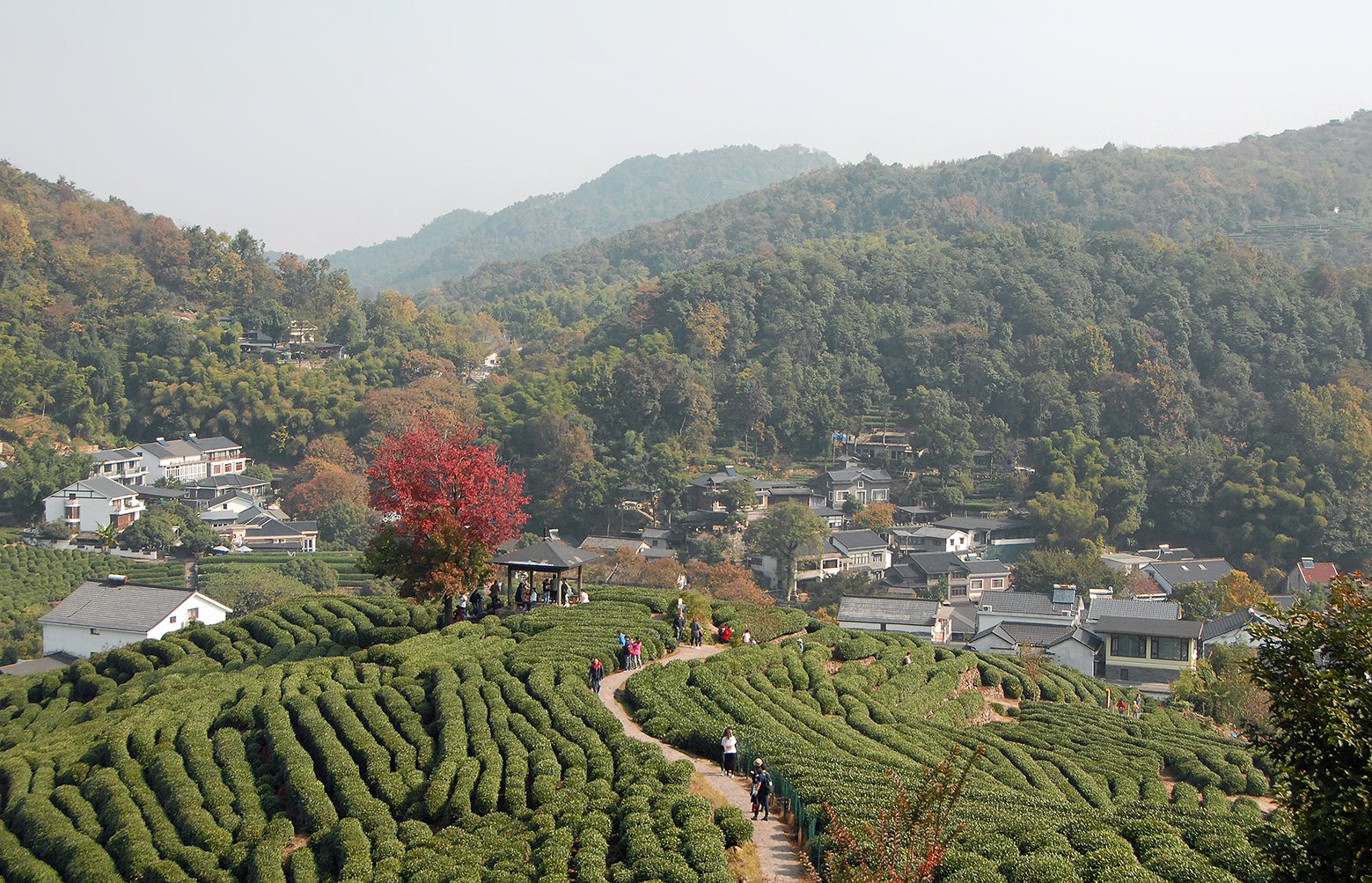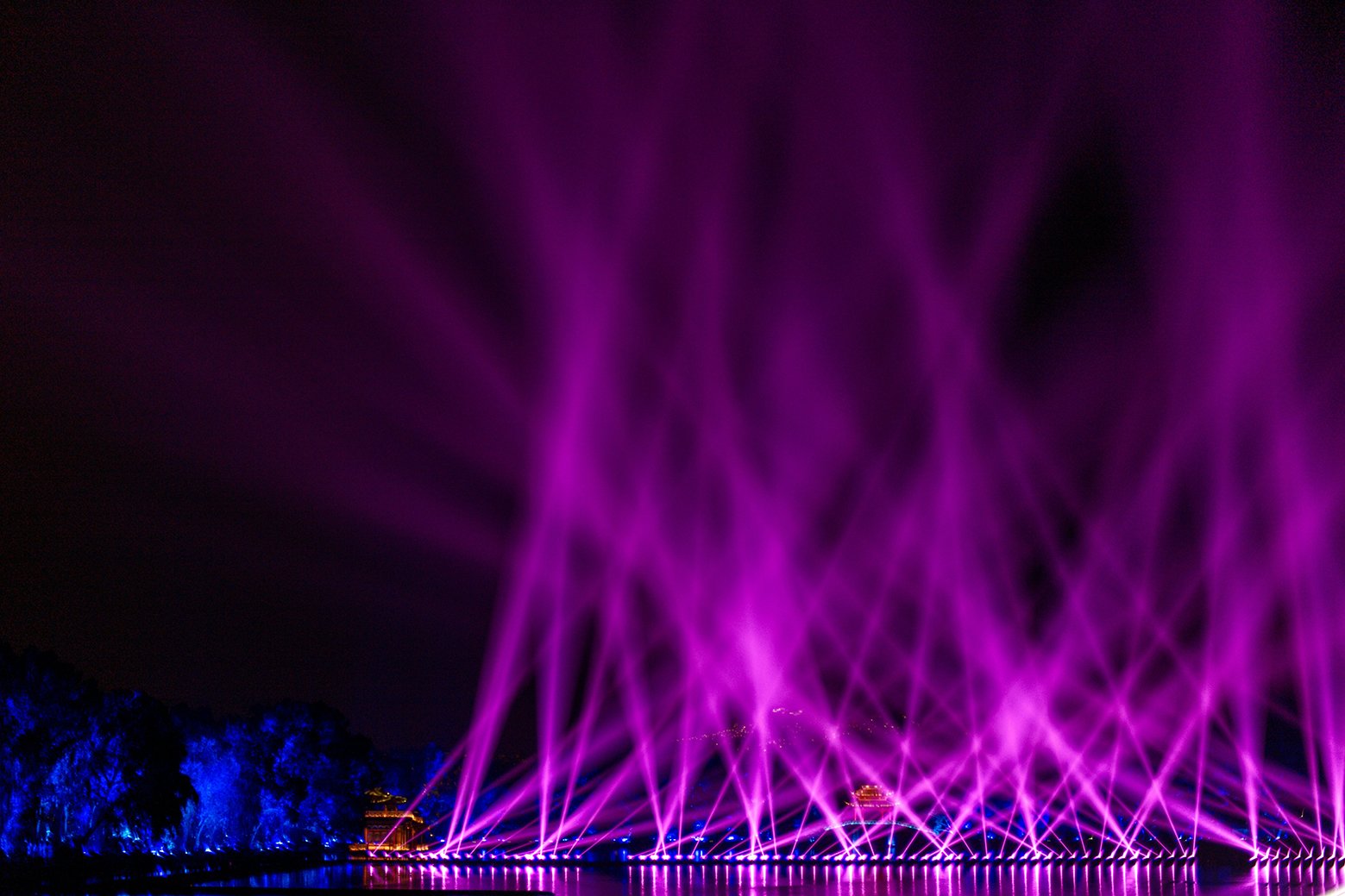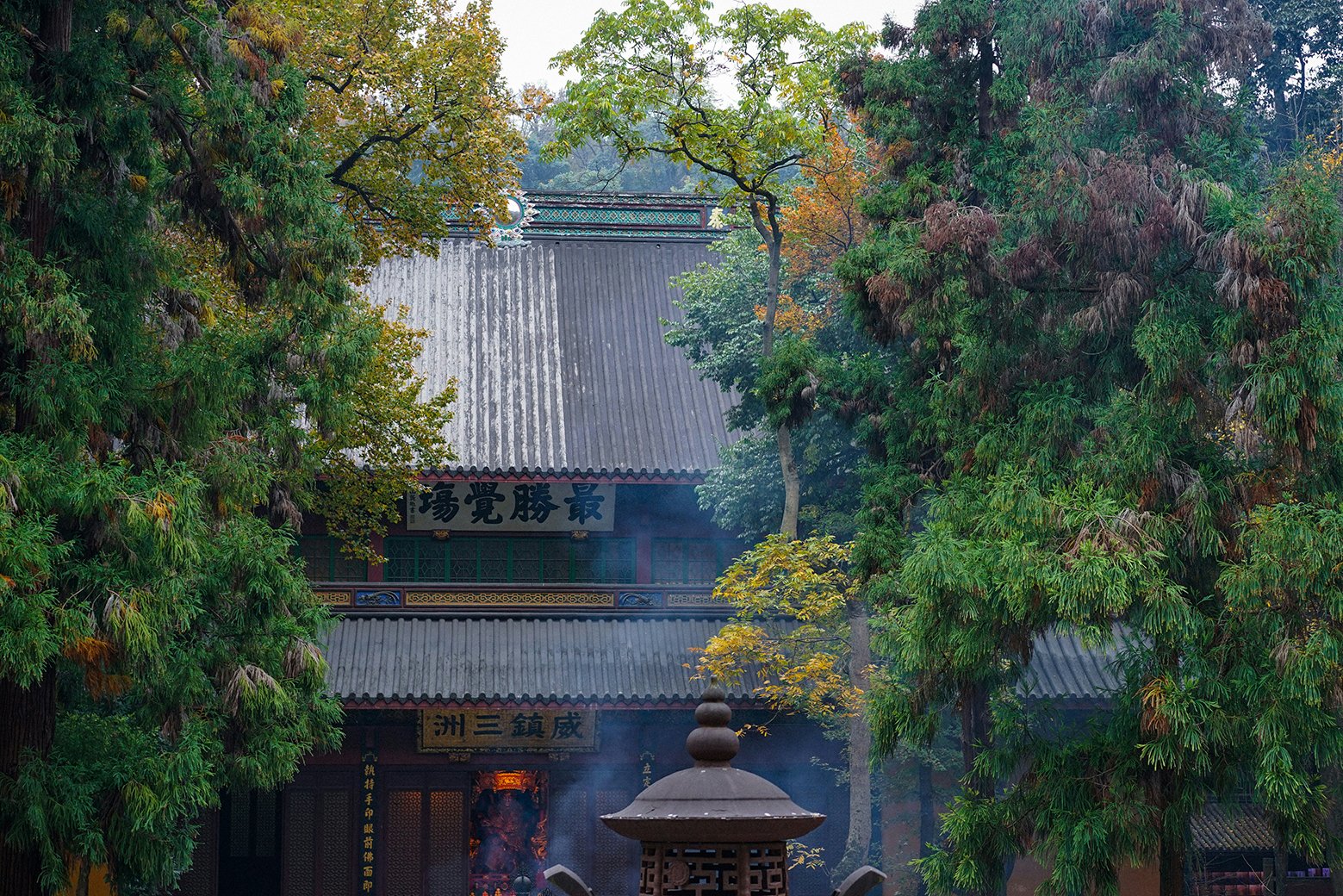China's Heaven on Earth
Hangzhou, the capital of Zhejiang Province, is one of China’s most significant tourist destinations. This vibrant city, known for its rich cultural heritage and stunning natural landscapes, beckons visitors from around the world to explore its many attractions. Hangzhou's existence can be traced back over 2,200 years.
Often referred to as 'Heaven on Earth', Hangzhou is especially famous for its picturesque West Lake, which has been celebrated in countless poems and paintings throughout Chinese history. The scenic beauty of West Lake is complemented by lush gardens, pagodas, and ancient temples, all of which contribute to its status as a UNESCO World Heritage site.
Beyond its natural beauty, Hangzhou is significant for its cultural offerings. The city is a hub for traditional Chinese tea culture, showcasing the famed Longjing (Dragon Well) tea. Tea plantations dot the hillsides, where visitors can witness the entire process, from cultivation to brewing, providing a unique and immersive experience. Hangzhou hosts several historical sites, including the Lingyin Temple, one of China’s most revered Buddhist temples, which attracts pilgrims and tourists alike with its stunning architecture and serene atmosphere.
Places
Hangzhou Attractions

Longjing Tea Plantations: A Taste of Tradition
Situated at the foot of the picturesque West Lake, the Longjing tea plantations stand as a testament to Hangzhou's rich cultural heritage and its deep-rooted connection to tea. Longjing, commonly referred to as Dragon Well tea, is famed not only for its distinctive flavor but also for its historical significance in Chinese culture. Recognized as one of China's top ten teas, it enjoys a prestigious reputation both domestically and internationally. Visitors to the plantations are often met with sprawling fields of verdant tea bushes, perfectly aligned to create a stunning landscape.

West Lake
West Lake, recognized as a UNESCO World Heritage site, stands as the centerpiece of Hangzhou's abundant natural beauty and cultural heritage. This iconic lake, encompassing approximately 6.5 square kilometers, is renowned for its stunning landscapes interwoven with historic landmarks, making it a pivotal attraction for both tourists and locals alike.

Lingyin Temple: A Spiritual Retreat
Lingyin Temple, renowned as one of the most prestigious Buddhist temples in China, is situated in the picturesque city of Hangzhou. Established in the year 328 AD during the Eastern Jin Dynasty, this temple boasts a rich historical tapestry woven through centuries of Buddhist practice and cultural significance. Lingyin, meaning “Soul’s Retreat,” embodies the tranquil atmosphere that attracts both worshippers and tourists seeking a peaceful escape.
